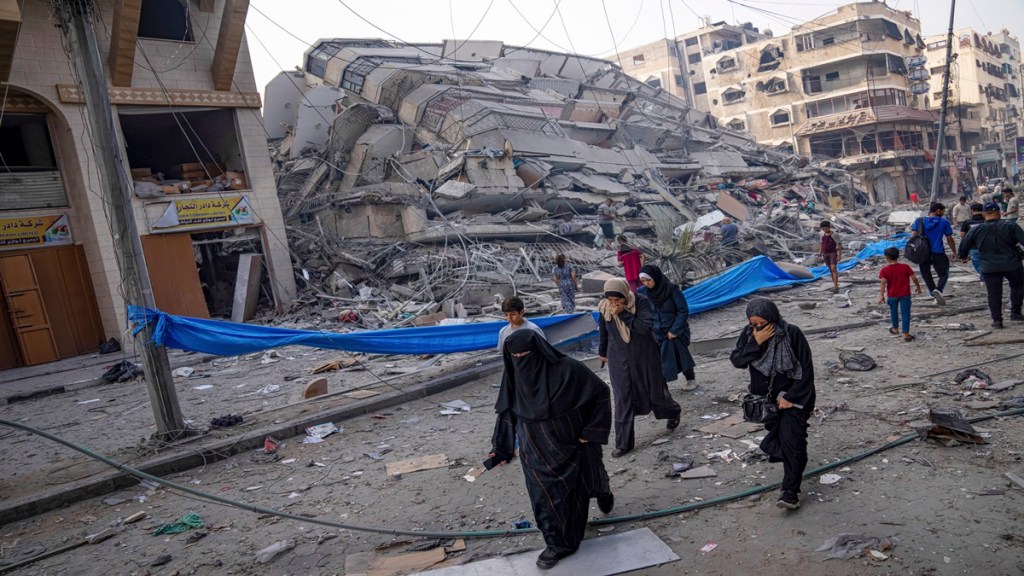The recent outbreak of violence in Israel and Gaza has reached a level of intensity not seen in many years, and it has the potential to worsen significantly, causing suffering for all involved. The International Committee of the Red Cross (ICRC) has been in touch with all parties involved to remind them of their responsibilities under international humanitarian law. This global organization maintains ongoing communication with these parties to facilitate humanitarian access and responses.
Amidst this devastating violence, which includes deliberate attacks on civilians and bombings in residential areas, it is concerning that we hear few calls for de-escalation. The use of aggressive language in war only leads to more suffering for civilians.
The ICRC has been present in Israel and the occupied territories since 1967, and we have witnessed the tragic loss of civilian lives that often spirals into further violence and animosity. Without immediate restraint, we are heading towards a humanitarian catastrophe.
Mirjana Spoljaric, President of the ICRC, emphasizes that civilians always bear the brunt of conflicts. And she has urged all parties to respect their obligations under international humanitarian law and take all necessary measures to prevent harm to civilians. It is crucial for everyone to exercise restraint and protect the lives and property of civilians.
Geneva Convention
The Geneva Conventions prohibit the killing of civilians and their ill-treatment. They also mandate the proper care of the wounded and sick. Those detained must be treated with humanity and dignity, and hostage-taking is strictly prohibited under international humanitarian law. Hostages must be released unharmed immediately.
Critical infrastructure, such as electricity and water networks, should never be targeted. Regardless of any military action, authorities must ensure that civilians have access to basic necessities, including clean water, food, and medical care. The suffering of families who have lost contact with their loved ones is deeply concerning, and the ICRC is committed to assisting in any way possible, including as a neutral intermediary.
Humanitarian workers must have unrestricted access to provide aid to those in need. Medical facilities and personnel should never be targeted, as they play a crucial role in saving lives.
“The ICRC has already offered humanitarian support to both sides of the conflict, and we are actively assisting the authorities in locating missing individuals. We have also sent medical supplies to a hospital in Gaza.
Our teams are working closely with the Magen David Adom (MDA) and the Palestine Red Crescent Society (PRCS) to help those who are injured or sick and require assistance. Unfortunately, health-care workers have also suffered casualties during this violence, emphasizing the need to protect them at all times,” says Mirjana Spoljaric, President of the ICRC.
According to the President ICRC, it stands ready to facilitate the reunification of families and loved ones, clarify the fate of the missing, and evacuate the wounded in collaboration with the PRCS and MDA. “Our commitment is to alleviate the suffering caused by this conflict and ensure that humanitarian principles are upheld.”
In conclusion, the current situation demands an immediate commitment to peace, respect for humanitarian laws, and the protection of civilian lives.

